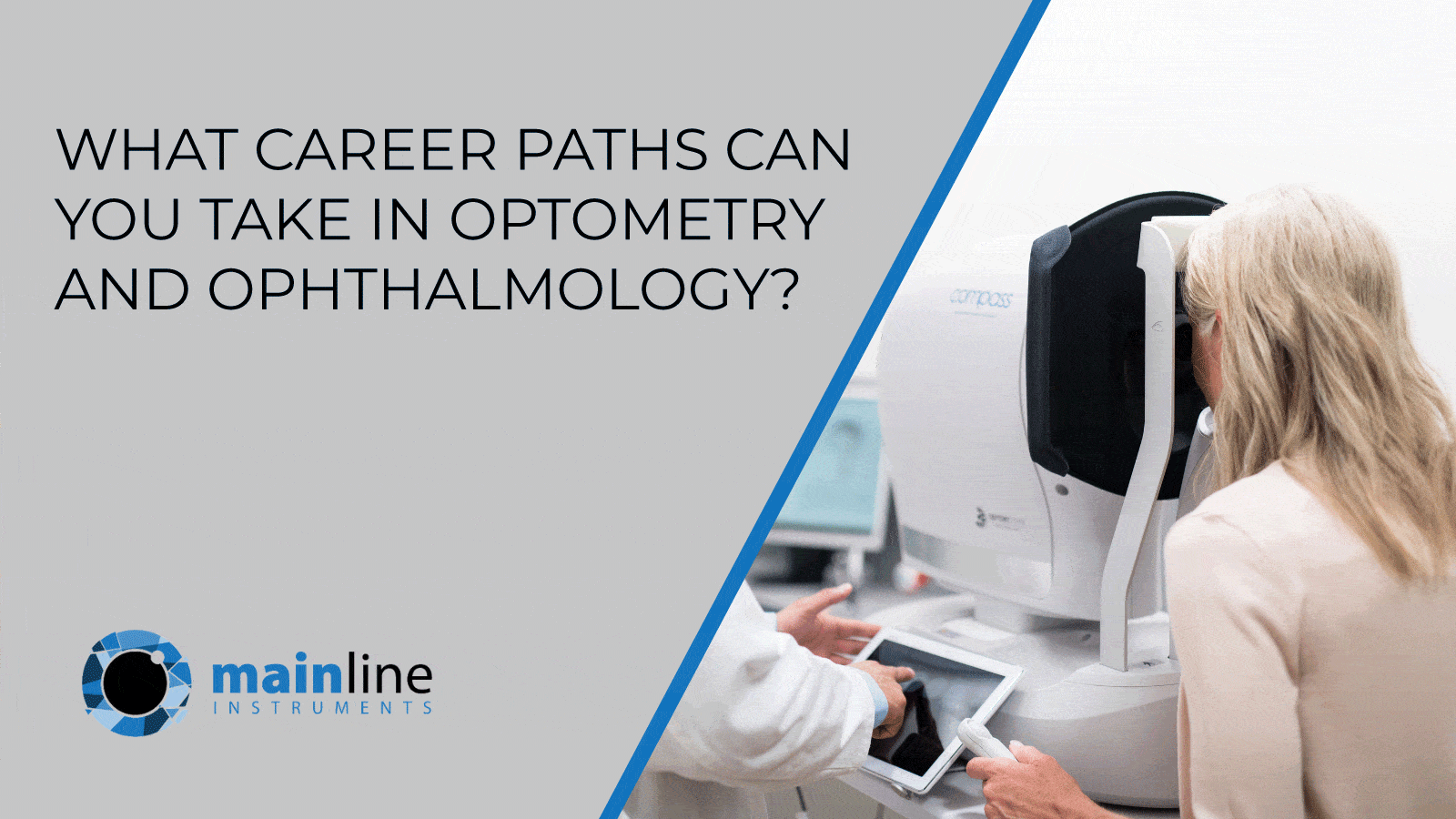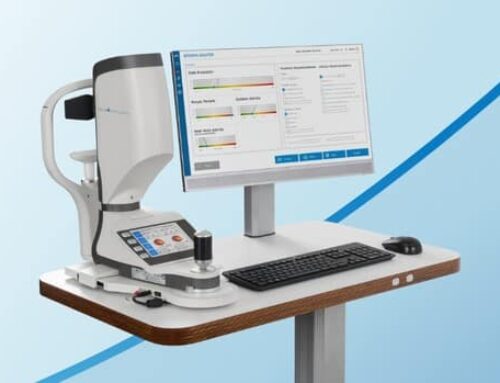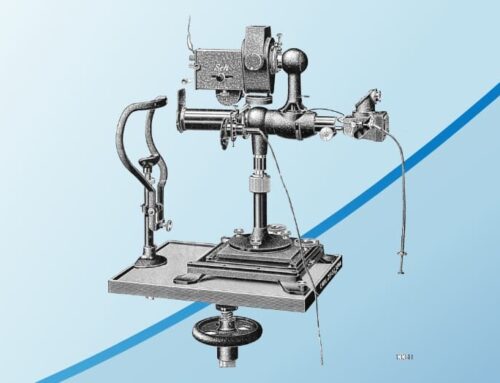Optometrists and ophthalmologists are qualified to examine the eyes for abnormalities or pathologies, provide sight tests and prescribe lenses and glasses. Optometrists are not qualified doctors; whereas Ophthalmologists are.
Optometry
What does an optometrist do?
Optometrists use a range of instruments and tools to test and measure a client’s vision. An optometrist would then make a diagnosis and give advice on how to correct the issue if needed. This could be done by prescribing, fitting and supplying glasses or contact lenses.
Optometrists can detect abnormalities –such as diabetes and high blood pressure – which they would then refer clients to specialists or ophthalmologists when necessary.
What qualifications are needed?[1]
To work as an optometrist, you need to:
- gain a BSc (Hons) degree in optometry
- complete a one-year pre-registration, salaried and supervised work placement with a registered optometrist
- pass the GOC final assessment
To do the degree, you will usually need at least five GCSEs (A-C), including English, maths and science, plus three A levels (with at least two in science-based subjects).
What roles could this lead to?
– Community Optometrist
– Hospital Optometrist
– Researcher
– Domiciliary Optometrist
– Ophthalmology
What does an ophthalmologist do?
Ophthalmologists are medically trained doctors that specialise in the diagnosis, treatment and prevention of diseases of the eye – these include cataracts, glaucoma and AMD.
What qualifications do are needed?
A typical training route for an Ophthalmologist[2] is:
- Entry into a medical school with at least 3 excellent A levels.
- 5 years at a medical school leading to a degree in medicine (e.g. MBChB)
- 2 years as a newly qualified doctor doing basic medical training called the Foundation programme. Full registration with the General Medical Council occurs after the first year of this training.
- 7 years of ophthalmic specialist training (OST) during which time rigorous examinations set by the Royal College of Ophthalmologists must be passed.
What roles could this lead to[3]?
– Consultants
– Clinical Lead
– Clinical Director
– Medical Director
References
[1] https://www.ucas.com/ucas/after-gcses/find-career-ideas/explore-jobs/job-profile/optometrist
[2] https://www.rcophth.ac.uk/about/what-is-ophthalmology/what-is-an-ophthalmologist/#:~:text=Ophthalmologists%20undergo%20extensive%20training%2C%20a,training%20called%20the%20Foundation%20programme.
[3] https://www.prospects.ac.uk/job-profiles/ophthalmologist







